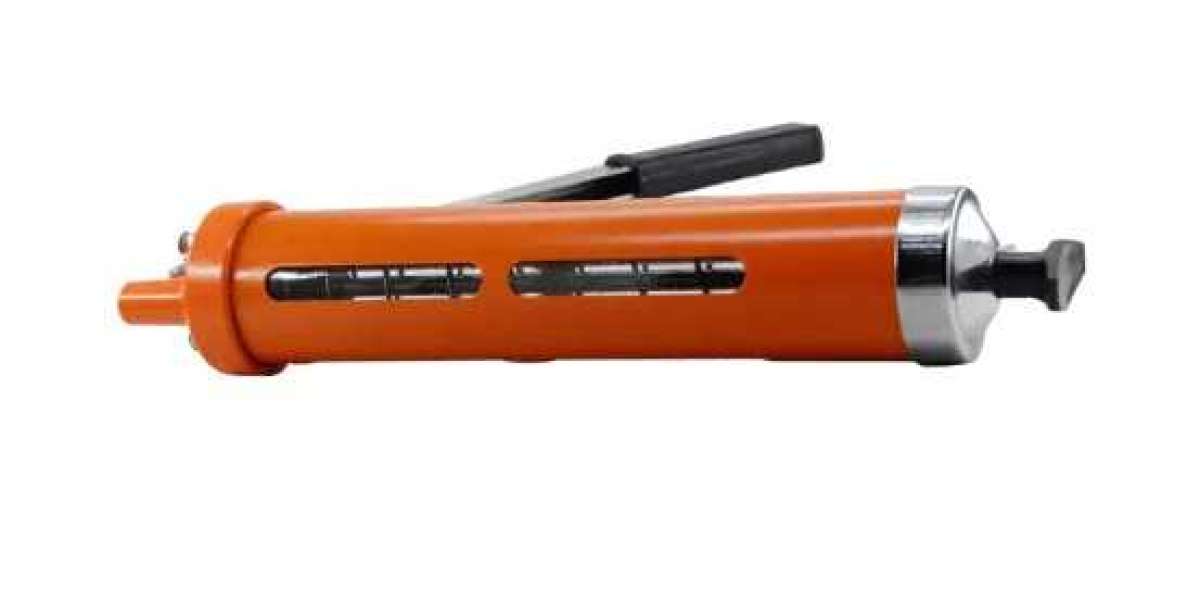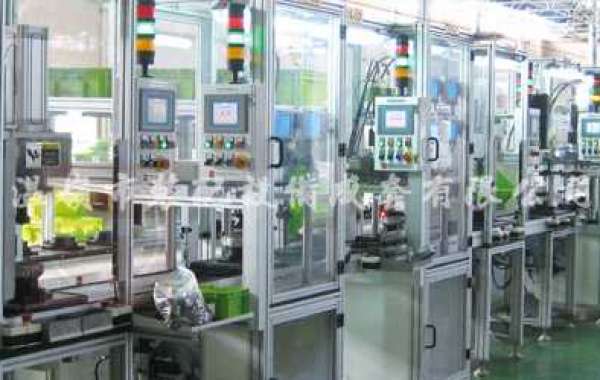Compared with traditional manual grease guns, the reason why pneumatic grease guns are more efficient is mainly reflected in the following aspects:
1. Ease of operation
Pneumatic grease guns are powered by compressed air, making them easier and more efficient to operate. Unlike manual grease guns, pneumatic grease guns only require the user to press the trigger, and the air pressure can push Grease gun kit the butter through the pipe and into the equipment or mechanical parts. Traditional manual grease guns require the user to continuously squeeze the handle to generate greater mechanical pressure to inject butter. This manual operation not only requires greater physical strength, but may also lead to fatigue after long-term use and significantly reduce efficiency.
2. Continuous grease injection capability
The pneumatic grease gun can provide continuous and stable pressure to ensure smooth flow of butter. Manual grease guns are susceptible to operator force fluctuations during the oiling process, resulting in uneven butter flow rates. The pneumatic grease gun provides constant power through air pressure, making the grease injection process more uniform and less likely to be interrupted. It is especially suitable for high-frequency and high-intensity lubrication operations.
3. Time efficiency
Pneumatic grease guns work faster, and the oiling speed is usually several times faster than manual grease guns. Especially in scenarios that require large batches of grease or frequent replenishment of butter, pneumatic grease guns can greatly save time. Manual grease guns rely on hand power for each operation, which is particularly inefficient when faced with a large number of lubrication points, while pneumatic grease guns require only one press for continuous and efficient greasing.
4. Strong adaptability
Pneumatic grease guns are usually equipped with a pressure adjustment function, which can adjust the air pressure as needed to adapt to different working environments and different types of grease (such as high viscosity or low viscosity grease). This flexibility allows pneumatic grease guns to adapt to various types of equipment and workplaces, further improving work efficiency. Manual grease guns, on the other hand, do not have this adjustment function. They often require high physical strength from the operator when working, and cannot handle greases of different viscosities.
5. Reduce labor intensity
Pneumatic grease guns can significantly reduce labor intensity, especially when operating heavy machinery or inaccessible lubrication points, reducing the need for manual force. For long-term, high-intensity lubrication work, pneumatic grease guns can reduce the operator's physical burden and improve work continuity and efficiency.
6. Higher reliability
Pneumatic grease guns are generally designed to be more durable and able to withstand extended use in harsh environments. In industrial sites, pneumatic tools generally have high reliability and longevity. In contrast, manual grease guns are prone to oil leakage, damage and other problems during frequent use, thus affecting work efficiency and quality.
To sum up, pneumatic grease guns have obvious advantages in terms of efficiency, convenience, sustainability and adaptability, and are especially suitable for occasions that require a large amount of lubrication in large-scale industrial production.








